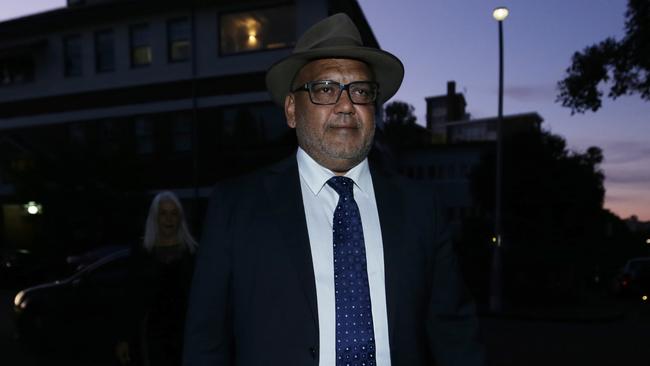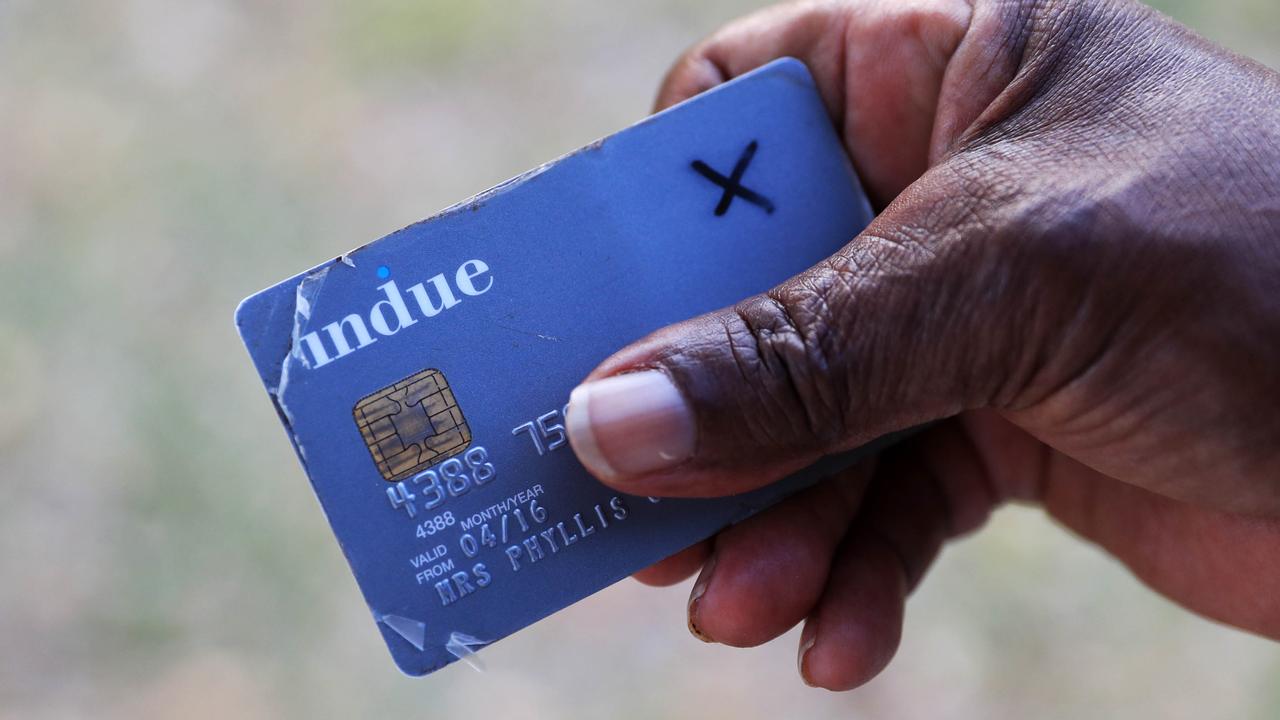Indigenous recognition ‘must be real’: Aboriginal leaders
Tony Abbott is facing a push from powerful voices to commit to substantive indigenous recognition ahead of today’s summit.

Tony Abbott is facing a push from powerful Aboriginal voices and his political rivals to commit to substantive indigenous recognition ahead of today’s historic summit, with a key architect of the failed 1999 constitutional preamble, Aden Ridgeway, warning against repeating the mistakes of that doomed campaign.
On the eve of today’s long-awaited conference on indigenous recognition in the Constitution, Bill Shorten issued a plea to the Prime Minister to aim higher than the “smaller-target path of meaningless change” and ensure recognition contains a “promise of meaningful improvements”.
“I don’t want us to lower our sights,” the Opposition Leader said last night. “I believe Australians are big enough, smart enough and generous enough to vote for genuine, real change. Cosmetic tinkering with the preamble is insufficient.”
Addressing a gathering of indigenous leaders at Kirribilli House in Sydney on the eve of the summit last night, Mr Abbott said the challenge was to “correct the great silence in our Constitution”.
“Not everyone is as passionate as we are, not everyone is as informed as we are and our challenge over coming months is to more broadly and more deeply engage the whole of the Australian community in this task,” he said at the event, jointly hosted by Mr Shorten.
But he tempered expectations, saying any changes to the Constitution must be owned by the “vast majority” of Australians. “Yes, it has to be worth doing ... but it has to be doable,” he said. “The challenge for us I suppose, over the next 24 hours particularly, but over the months and however-long-it-takes-to-get-this-done to come, is not necessarily to do the best that each one of us thinks should be done, but to do the best that each one of us thinks can be done.”
Mr Ridgeway — an Aboriginal senator for the now defunct Democrats who, in 1999, joined with then prime minister John Howard to campaign for a constitutional preamble that recognised Aboriginal kinship — said yesterday that symbolism alone would doom a referendum. “I think that the fact that it failed in 1999 is indicative that it has to be much more,” Mr Ridgeway said. “You really can’t go below that. The status quo, or the 1999 approach, would not be acceptable.”
Mr Ridgeway’s intervention comes as he prepares to join a group of 40 indigenous leaders at the today’s bipartisan summit with Mr Abbott and Mr Shorten in an attempt to chart a course towards a successful referendum on indigenous constitutional recognition.
With Mr Abbott keen for a referendum on changes that would recognise indigenous Australians in the Constitution in 2017, there is intense debate among Aboriginal communities who are near-united in their rejection of mere symbolism. The Weekend Australian reported on Saturday that senior members of the government were pushing for a modest form of recognition incorporating a preamble that would outline “indigenous heritage, British foundation and multicultural character”.
Social Services Minister Scott Morrison said yesterday he would like to see a “middle path” emerge between symbolism and practical reform. “If it goes too far, it has no chance of succeeding,” Mr Morrison said. “If it doesn’t go far enough, then what’s the point?”
Cape York indigenous leader Noel Pearson said last night any proposal must involve “substantive practical change”.
“We want to change the paradigm of indigenous affairs,” he told Viewpoint on Sky News. “We want 3 per cent of this country to have a fair place in it and to share in the benefits of being Australian. I really don’t think that will be achieved through some symbolic words; there has got to be a practical dimension to it.”
The chairman of the Prime Minister’s Indigenous Advisory Council, Warren Mundine, warned yesterday that failure on a referendum would amount to a “massive kick in the guts”.
He warned it was critical to devise an appropriate form of words to maximise the chances of a successful referendum, saying it was much easier to run an effective “no” campaign than an effective “yes” campaign. “I’ll be focusing on not having a lawyer’s dog’s breakfast coming out of our Constitution,” Mr Mundine told the Australian Agenda program on Sky News.
But Mr Mundine stands isolated as the only significant Aboriginal figure who supports a minimalist approach to recognition after a widely attended weekend seminar of the National Congress of First Nation’s Peoples in Sydney heard passionate arguments in favour of a form of recognition that delivered practical outcomes for Aboriginal people.
While there is strong support among Aboriginal groups for a ban on racial discrimination in the Constitution, there is also a pragmatic acceptance among many that such a proposal, strongly opposed by constitutional conservatives, is not politically viable.
A question on indigenous recognition to be put to the people at a referendum centres on the race power provisions of the Constitution. It is proposed that a referendum would remove race power provisions contained in sections 25 and 51 (26) of the Constitution. A joint select committee formed to advise on constitutional recognition, which handed down its final report last month, has recommended the retention of a “persons power” to allow for the commonwealth government to legislate for Aboriginal and Torres Strait Islander peoples in line with the successful 1967 referendum.
The committee report laid out three options for recognising indigenous Australians, including a broad racial non-discrimination clause and a narrower clause relating specifically to Aborigines and Torres Strait Islanders. But an alternative proposal from Mr Pearson, who is strongly critical of the joint select committee’s report for failing to deal with the problem of conservative opposition that could doom a referendum, is gaining traction.
Chair of the Cape York Land Council Richie Ah Mat said yesterday he believed the Pearson position — a declaration of recognition twinned with an indigenous advisory body — was “the one that we should all be gunning for”.
“It would give our people a constitutionally guaranteed voice in the political decisions made about our rights and interests,” said Mr Ah Mat, who will attend today’s summit. “This mandated indigenous body is opposed by those like Warren Mundine and (social justice campaigner) Frank Brennan who just want symbolism ... a miserly symbolic outcome.
“A preamble alone will just not cut it. This must make a practical difference to indigenous lives or it’s not worth supporting. We are tired as blackfellas of symbolism.”
As she entered Kirribilli House last night to chat with Mr Abbott and Mr Shorten, Recognise joint campaign director Tanya Hosch said she hoped it would be the first of many more conversations between the government and indigenous leaders. “This is a really significant opportunity to sit down with the Prime Minster and the Opposition Leader ... to work out how we’re going to take this process forward,” Ms Hosch said.
Additional reporting: Joe Kelly, Gina Rushton



